first listen ↑
then read ↓
/*Nobody’s Property, a speculative memoir, is the first offering on Stop Casting Porosity. It combines audio in the form of a legacy true-crime podcast with brief text and images responding to the podcast. The audio makes sense without the text and images but the text is not meant to stand on its own. Please listen if you have the time! Just hit ▷ above.*/
She wasn’t on drugs. Well, she was—she was on those fucking high-dose birth control pills that made her natural talent for melancholy a full-time vocation. And right before she bled? When she took the placebo and all hell broke loose, hormonally speaking? She became sick with rage, with longing, with despair, and, when it was at its worst, with just wanting to not exist anymore. It happened on the boat over; it happened up those twisty stairs at Schiller College; it happened on November 5, 1971.
It kept happening after Michael visited that spring, a neat packet from his parents’ pharmacy tucked into his luggage.
Bencomo saw it happen so many times; he was the one who put two and two together. He had her talk to his brother’s wife, who tried to convince her to use some herbal paste that looked like dung (though she knew it wasn’t—it smelled all right). In the end it was simple: more and more tourists were coming to the island and the importation of condoms increased accordingly. Bencomo asked an English friend of his to buy them at the chemist’s.
And Michael brought them, at her request, from Germany. In this way, she still did not have to choose.
She had told Iris never to go on the pill, but they had all kinds now, specialized for clear skin, for period regulation…for depression. They had shots, they had implants, rings, safer IUDs. What a glorious world of yes! had come into being. And yet, Rose suspected, women still lived in a world with only an illusion of choice, where men might do anything to own you.
Iris lived alone. She must also have had her suspicions.
Iris was coming to see her, soon, when the university where she taught had its spring recess. Just as Michael had, every year, and also winter and summer breaks, until that one in the summer of 1976.
Rose’s Journal
You’d been living above this cove for almost five years, not choosing.
Michael came to see you on a day in June so blue and dry that time seemed to stand still. You remembered such days from childhood, when the June Gloom had ended, the burnt-metal smog of summer not yet accumulated against the high dam of the San Gabriels.
Maybe that’s why it happened; you remembering the last days of your youth.
You walked along the beach full of hot summer sand, then sat on a blanket under the shade of the rough rocks. Michael’s father had just died, and his mother was not sorry.

The tide was out, the water calm. You wanted to skip stones but Michael’s father had died and he wanted to talk. Understandably. You listened, thinking how much clearer his English had become working as a doctor on the American base. You always spoke English with each other; you spoke Spanish with people in town, of necessity and to be polite, and you spoke German to Michael’s mother when she visited, but with Michael, and with Bencomo, you spoke English. At first, both men had wanted to learn it. What better way to learn than in the arms of a lover? (That word! but sometimes it could not be avoided.) And ultimately, you still felt most yourself in English, and that is what you spoke with the people closest to you.
“We were going through my father’s study, cleaning and sorting, after the funeral,” he said. “It’s strange how we do that after someone dies—sift through their things. You could rationalize that it is clearing the decks, and it does feel like that, a bit. But I think it is more that we need artifacts to tell the stories we already think we know about the person. Then we can get on with our relationship with them.”
It struck you that you had never done this, tidying up after the dead. That you would not be home when your parents, grandparents, or anyone else you’d known before died.
Michael went on: “We found some drawings—Mother was familiar with them but I was not—in pen and ink. Studies, anatomical studies. My mother said ‘yes’ and nodded her head when I held one up to her; she scowled. The drawings were kept in wide flat-file drawers, numbered and protected by sheets of vellum. Detailed studies of a hip—the iliotibial band, the femoral muscles, the ball joint and the bursae. Very beautifully rendered, and in the corner of each sheet my father’s signature, along with a stylized swastika.
“Mother explained that Father had made these before the war, during his medical training in Austria. They were made for a manual of human anatomy still used today—it is considered the best, most detailed, most consciously arranged and cataloged. And—my mother told me all this looking straight into my eyes in a kind of challenge—they were made while dissecting the bodies of executed prisoners—including Jews rounded up on Kristallnacht.”
Michael stared out at the water. “This was my father’s secret pride and my mother’s secret shame. She only found out about it after they married, and then she lived in fear—but also, perhaps, the secret hope—that all would be revealed. The anatomy is still in use, but anyone who contributed to it would be considered deplorable, of course.
“The original drawings contained my father’s signature; the reproductions in the book do not.”
You had intended to tell Michael, that day on the beach, about Bencomo, about living your own life (you thought), about letting him live his. Instead you let him kiss you after telling you his horrible truth. It was a rough, seeking kiss, a kiss that sealed your lips.
You let him make love to you on that green blanket on the beach. He pays attention, as always. But again, it is as if he is sealing you off from yourself, putting you, like a specimen, in a jar. He wills you to stay with him on the beach forever. Just like the two of you planned, that day long ago, in the forest.
/*If you enjoy Nobody’s Property, please…
*Comments? Questions? Suggestions?
*If it’s not for you, shoot an email to stopcastingporosity@substack.com with the word unsubscribe in the subject line. We get it! Time is precious. Guard your time with your life.*/




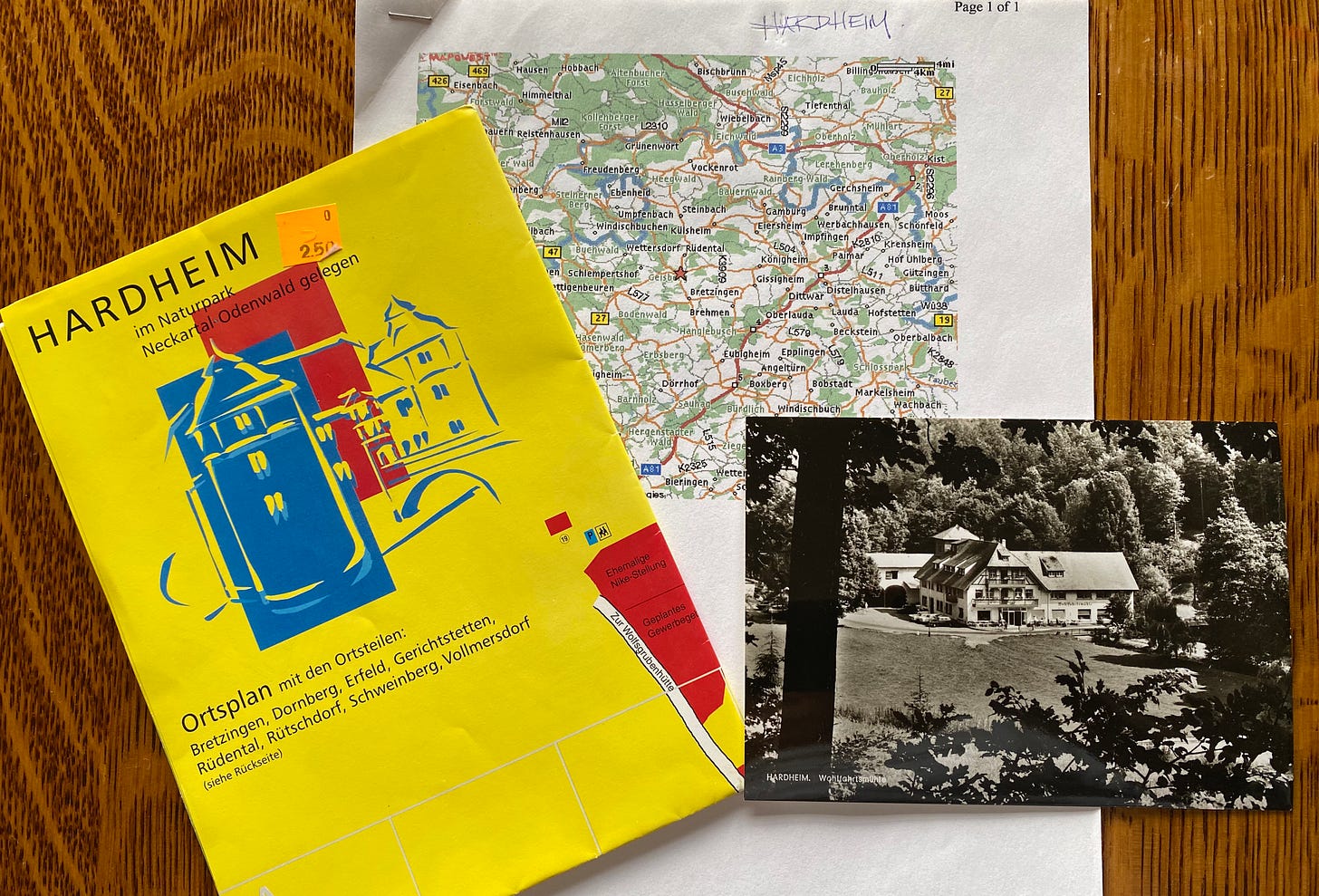
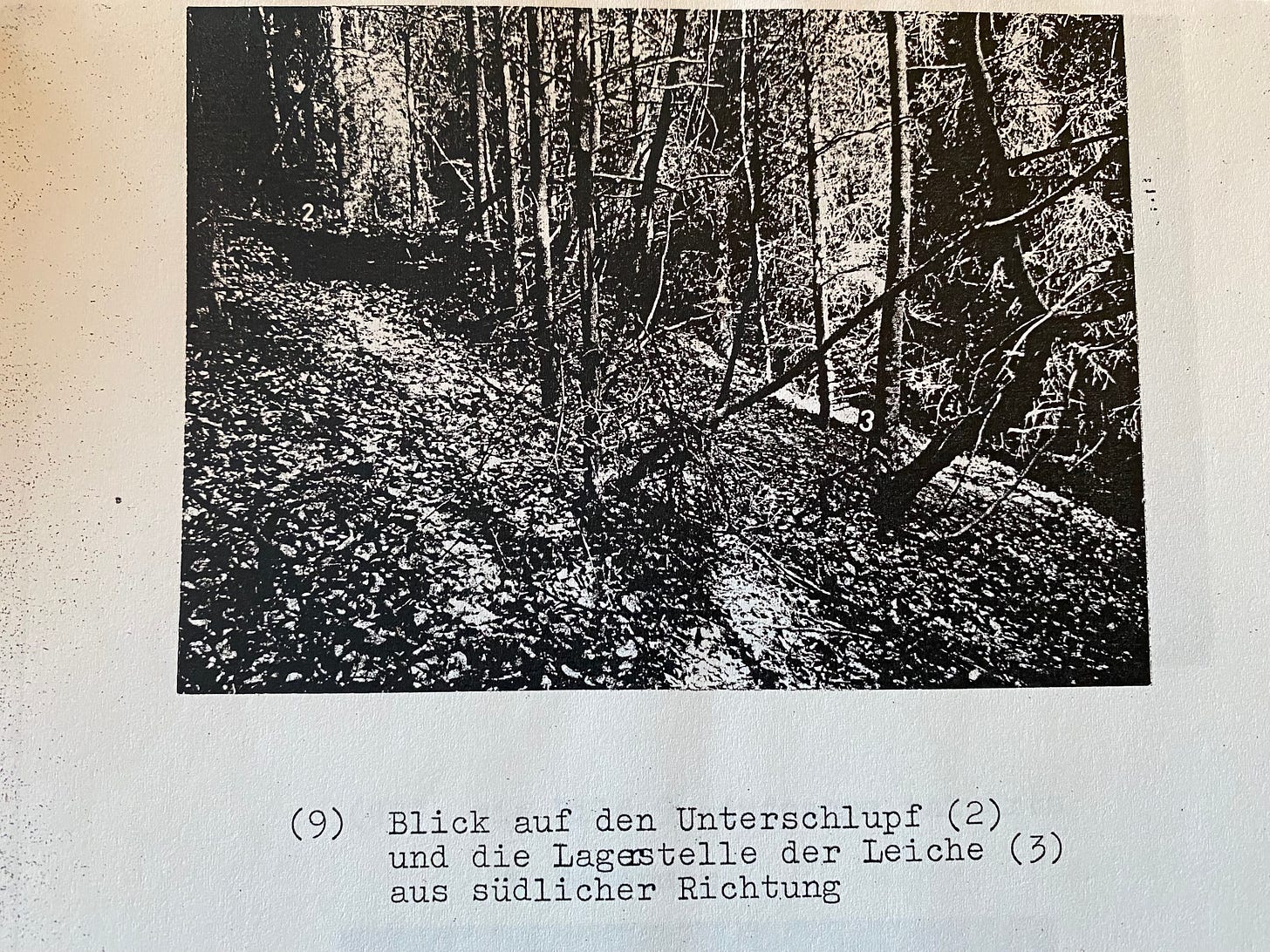




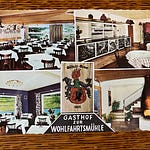
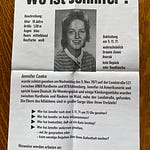
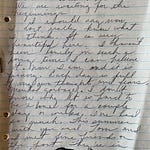
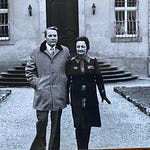

Chapter Thirteen: Take Me to My Mother